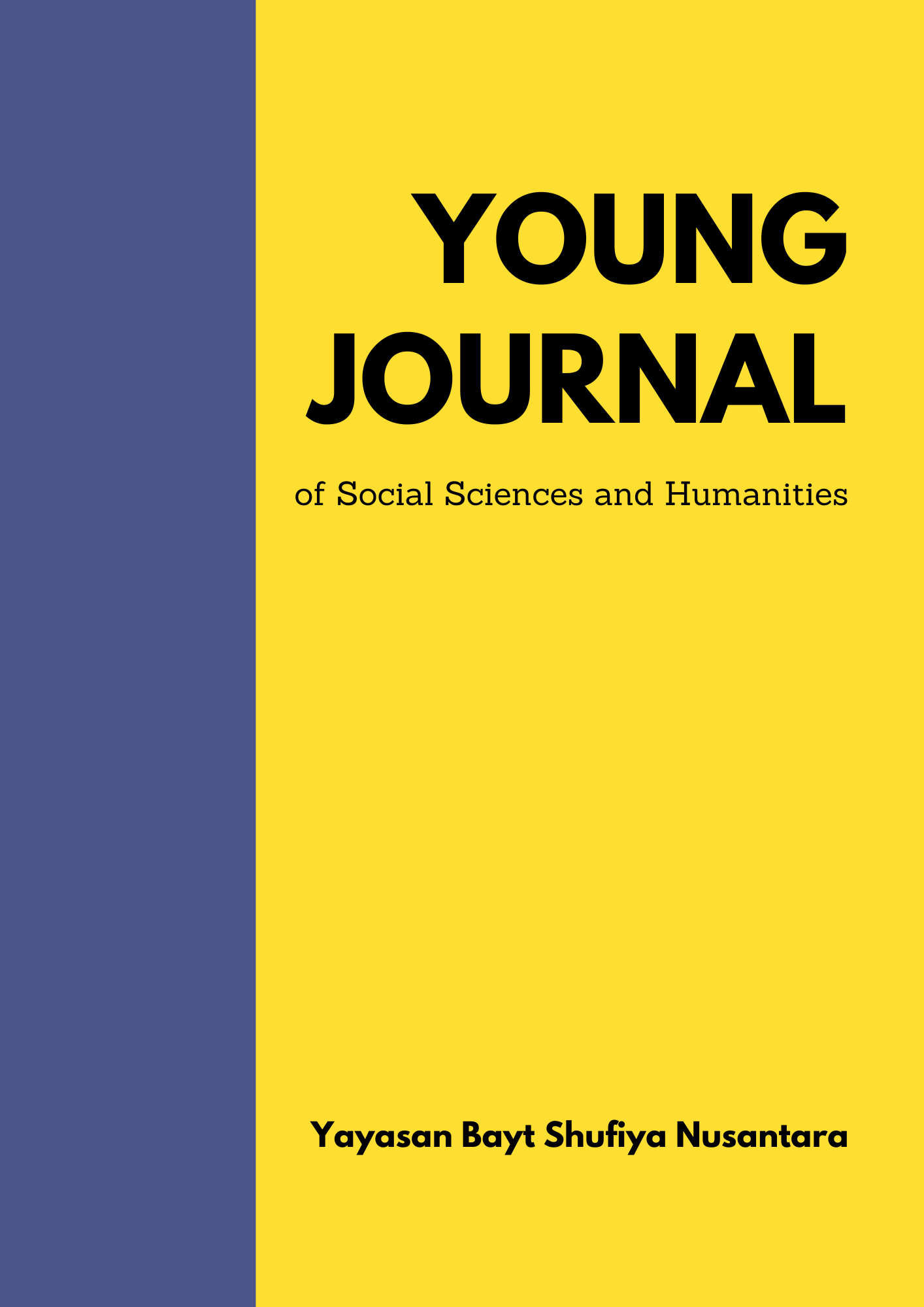The Formation of Social-Religious Attitudes Through the Implementation of Collaborative Learning Models in Islamic Religious Education
Keywords:
Social-Religious Formation, Collaborative Learning, Islamic Religious EducationAbstract
This study aims to examine the formation of students' socio-religious attitudes through the application of collaborative learning models in Islamic Religious Education. Socio-religious attitudes are an important foundation in forming students' characters that are balanced between spiritual and social aspects. This study uses a descriptive qualitative approach with data collection techniques through observation, interviews, and documentation at the junior high school level. The findings show that the instillation of students' socio-religious values can be realized effectively through the integration of aspects of faith, worship, morals, and complementary learning media. The collaborative learning model encourages active involvement of students in the inclusive learning process, and allows for real internalization of values in everyday life. Thus, religious education that combines the three main pillars of religion and is supported by appropriate learning media is able to form students' religious awareness that is not only personal, but also has an impact on their social behavior.
References
Al Mursyidi, B. M., & Darmawan, D. (2023). The Influence of Academic Success of Islamic Religious Education and Social Media Involvement on Student Morality. Al-Fikru: Jurnal Ilmiah, 17(2), 321–331. https://doi.org/10.51672/alfikru.v17i2.278
Azizah, M., Jariah, S., & Aprilianto, A. (2023). Pembentukan Karakter Religius Siswa Melalui Pembelajaran Pendidikan Agama Islam di Sekolah Menengah Kejuruan. Ngaos: Jurnal Pendidikan Dan Pembelajaran, 1(1 SE-Articles), 29–45. https://doi.org/10.59373/ngaos.v1i1.2
Juwairiyah, J., & Fanani, Z. (2025). Integration of Islamic Values in Learning Methods: Building Character and Spirituality in the Digital Era. AL-WIJDÃN Journal of Islamic Education Studies, 10(1), 113–130. https://doi.org/10.58788/alwijdn.v10i1.6215
Khoir, M., Saiban, K., & Mustofa, M. (2023). Implementation of Islamic Religious Education (PAI) Learning in the Formation of Religious Character and Social Concern Attitudes. EDU-RELIGIA : Jurnal Keagamaan Dan Pembelajarannya, 6(1), 23–32. https://doi.org/10.52166/edu-religia.v6i1.4138
Kholidah, L. N. (2022). Improving Students’ Social Responsibility via Islamic Religious Education and Social Problem-Based Learning. Jurnal Pendidikan Agama Islam (Journal of Islamic Education Studies), 10(2), 163–182. https://doi.org/10.15642/jpai.2022.10.2.163-182
Luthfiyah, L., Suciani, S., & Ruslan, R. (2022). Social Sensitivity Improvement through Collaborative Learning Models in Islamic Religious Education. Jurnal Tarbiyatuna, 13(1), 29–42. https://doi.org/10.31603/tarbiyatuna.v13i1.5809
Masykuri, H. A. B. (2024). The Role of Social Interaction in Improving the Quality of Islamic Religious Education Learning. Scaffolding: Jurnal Pendidikan Islam Dan Multikulturalisme, 4(3), 821–834. https://doi.org/10.37680/scaffolding.v4i3.4835
Naima, Yaumi, M., Nursyam, Elya, & Rahayu, F. (2024). Implementation of Islamic Religious Education Learning in Building Students’ Social Attitude. Tafkir: Interdisciplinary Journal of Islamic Education, 5(1), 171–183. https://doi.org/10.31538/tijie.v5i1.1052
Nurindarwati, R., Mulyoto, M., & Hasyim, D. (2022). Evaluation Model of Character Education Programs in Islamic Religious Education and Moral Education Learning at SMP Negeri I Surakarta. Journal Research of Social, Science, Economics, and Management, 1(9). https://doi.org/10.36418/jrssem.v1i9.152
Sechandini, R. A., Ratna, R. D., Zakariyah, Z., & Na’imah, F. U. (2023). Multicultural-Based Learning of Islamic Religious Education for the Development of Students’ Social Attitudes. At-Tadzkir: Islamic Education Journal, 2(2), 106–117. https://doi.org/10.59373/attadzkir.v2i2.27
Downloads
Published
How to Cite
Issue
Section
License
Copyright (c) 2024 Ali Akbar

This work is licensed under a Creative Commons Attribution-ShareAlike 4.0 International License.














